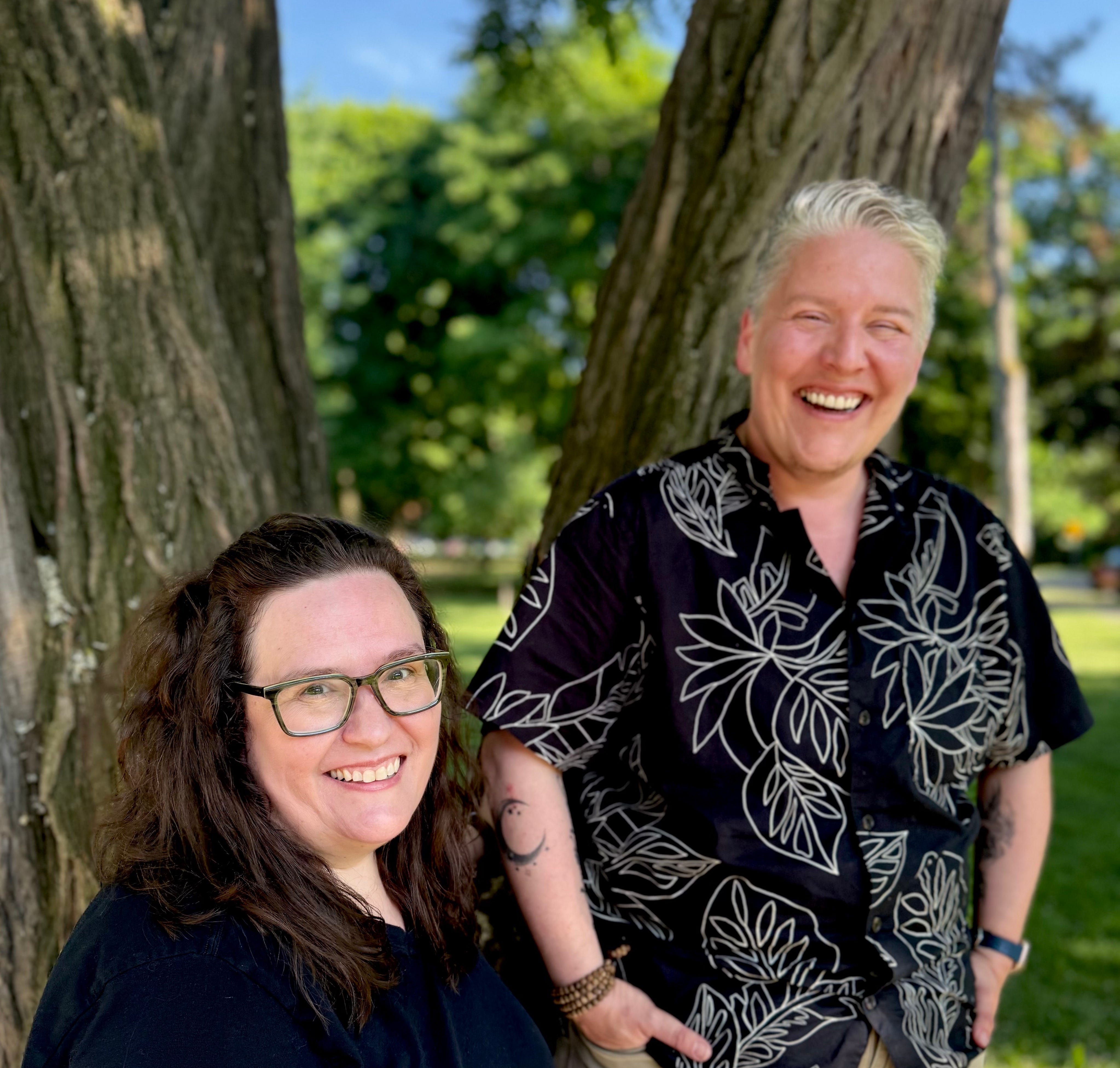Unboxing It with Lara and Rowan

Unboxing It with Lara and Rowan
Podcast Description
Lara Wellman and Rowan Jetté Knox are here to unpack all the topics that have us feeling confused, that keep us feeling small or stuck in shame, and that stop us from thriving as our authentic selves. unboxingit.substack.com
Podcast Insights
Content Themes
The podcast explores themes of personal growth, societal expectations, and mental health, with topics including perfectionism, people pleasing, the importance of saying no, and the impact of fatness. For example, episodes dissect the nuances of requesting help, and how societal norms can make an individual's journey towards authenticity feel isolating.

Lara Wellman and Rowan Jetté Knox are here to unpack all the topics that have us feeling confused, that keep us feeling small or stuck in shame, and that stop us from thriving as our authentic selves.
It’s a new year, and we’re kicking it off by digging in a bit further to who we are. And we both learned some new things about each other in the process!
We talked about our newest projects – Rowan’s cafe opens soon, and Lara’s mail club has launched!
We talked about regrets, hope, taking risks, and even stand-up comedy.
Want to know anything more about us? Comment and we’ll use some of those questions in upcoming episodes!
Links
Rowan’s new coffee shop!
Check out the show transcripts on our substack at unboxingit.substack.com
This is a public episode. If you’d like to discuss this with other subscribers or get access to bonus episodes, visit unboxingit.substack.com/subscribe

Disclaimer
This podcast’s information is provided for general reference and was obtained from publicly accessible sources. The Podcast Collaborative neither produces nor verifies the content, accuracy, or suitability of this podcast. Views and opinions belong solely to the podcast creators and guests.
For a complete disclaimer, please see our Full Disclaimer on the archive page. The Podcast Collaborative bears no responsibility for the podcast’s themes, language, or overall content. Listener discretion is advised. Read our Terms of Use and Privacy Policy for more details.